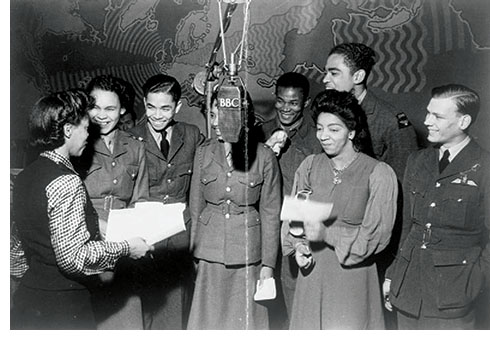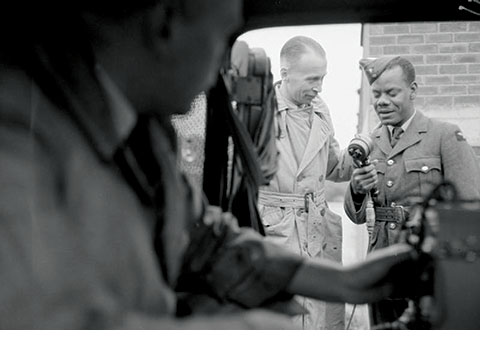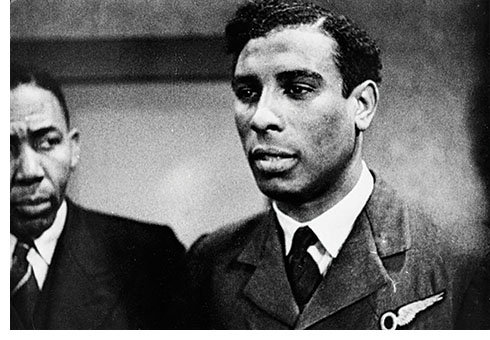About the Project
Scripting Empire will culminate in a monograph and a series of journal articles. The research has three key objectives:
1. To describe and reassess the literary archive of West Indian and West African radio scripts at the BBC between 1930s-1960s.

Two of the best-known radio broadcasts considered by this project are the literary magazines ‘Caribbean Voices’ and ‘West African Voices’. Together these programmes generated over 3000 separate items, including short fiction, poetry, essays, drama, literary criticism. Viewed collectively, these scripts make a significant contribution to understandings of a transitional moment in late colonial/early post-colonial writing. Scripting Empire aims to provide the first joined up account of this rich literary archive.
2. To prompt a re-thinking of the oeuvre of some of the major writers of West Indian and West African literature through the scripts.

The project re-situates now famous literary series like ‘Caribbean Voices’ within the shifting daily menu of little known, and still uncatalogued programmes broadcast from London to West Africa and the Caribbean. Many of the literary contributors also produced journalism, social commentary, essay, and memoir for these other programmes. An exploration of the non-fictional scripts provides an illuminating context for both the literary broadcasts, and the wider published work of writers from Sam Selvon to Wole Soyinka. ‘Scripting Empire’ prompts both a re-reading of literary production and ideas of authorial consistency and certitude at the moment of empire’s fading.
3. To reflect on the place of the BBC broadcasts within the larger contexts of decolonization and diaspora, imperial shrinkage, and postwar Britishness.

Radio was the most extensive communications technology of the early to mid-twentieth century. Its capacity to overcome barriers of time and space, its intimate and immediate modes of personal address, along with its ability to speak to both literate and non-literate audiences made it the ideal medium of empire. This project will argue the BBC did not simply shore up empire but helped contribute to its decline.
'Scripting Empire' is indicative of a growing interest in African and Caribbean radio cultures. See for example the 'Decolonising Voices' project led by Mike Niblett, Chris Campbell and Stewart Brown: Their project combines archival research on Henry Swanzy (the BBC's best-known producer/editor of West Indian and West African literature) with a theoretical account of World Literature:
http://gtr.rcuk.ac.uk/project/981C544A-9FAF-4780-B5B7-387E1E6FAFC5
 Scripting Empire - West Indian and West African Literature at the BBC, 1939-1968
Scripting Empire - West Indian and West African Literature at the BBC, 1939-1968